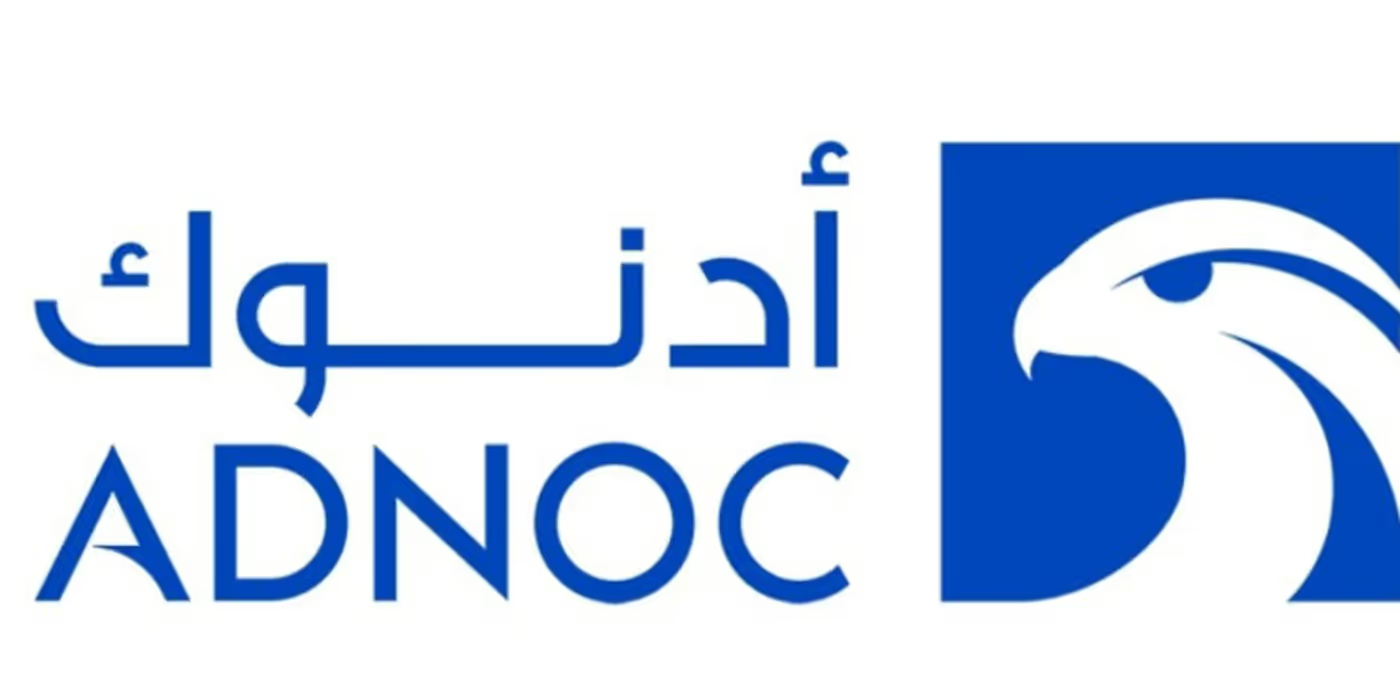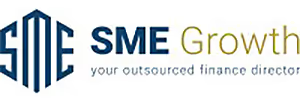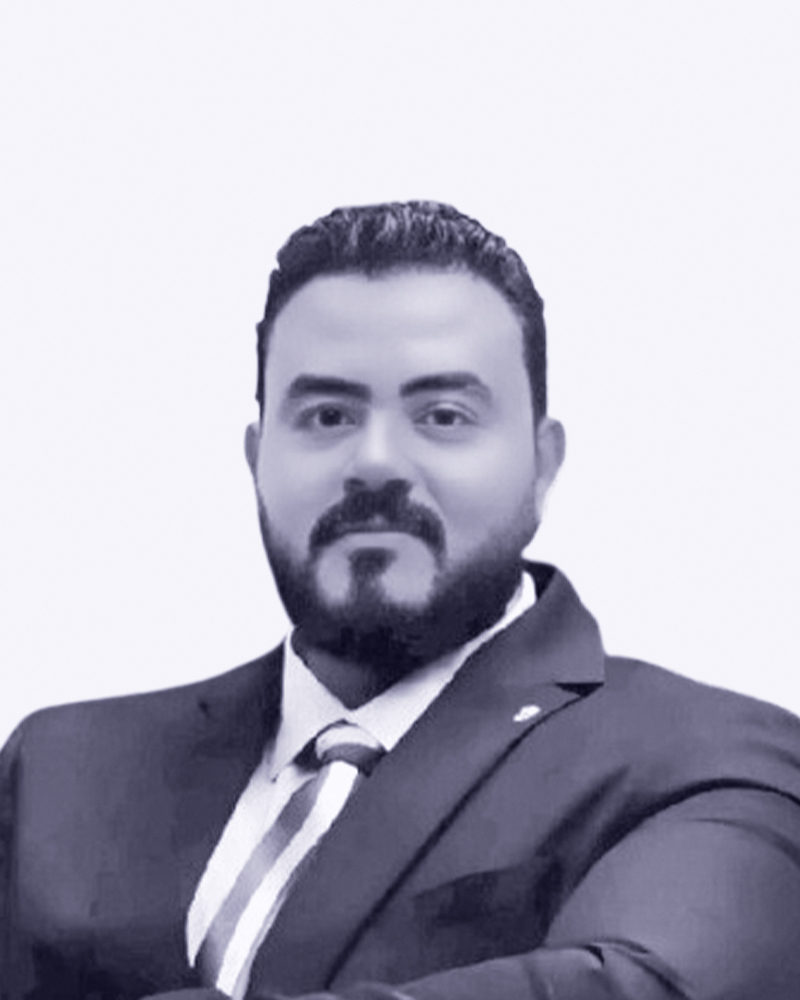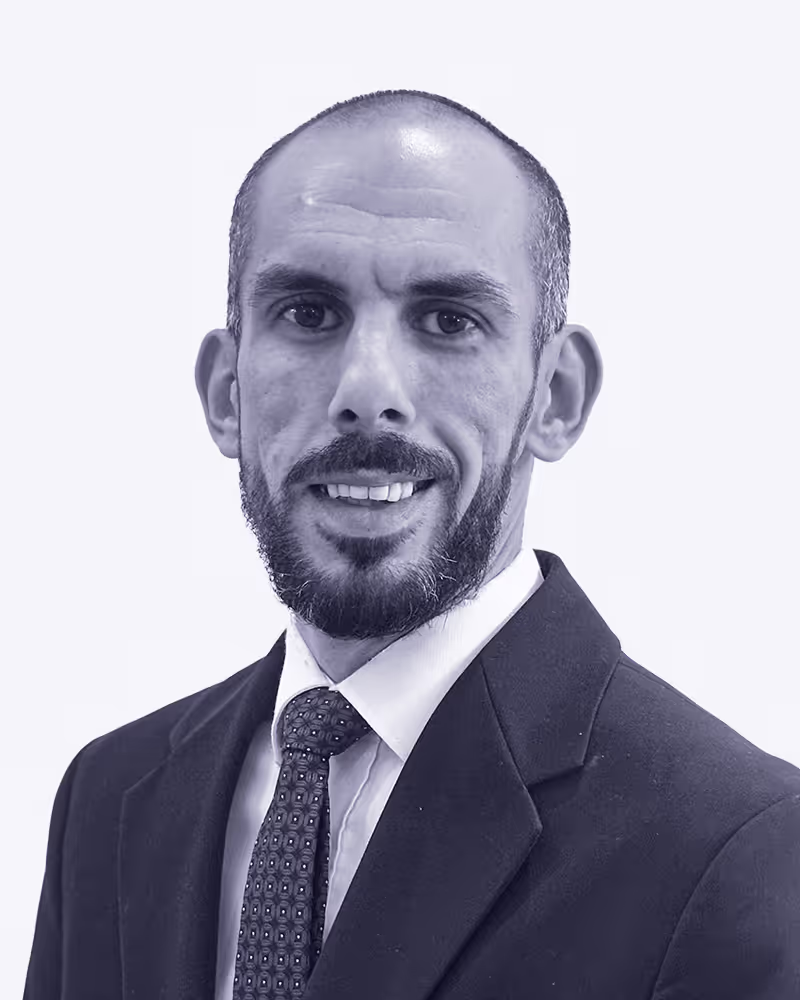Chief Future Officer
MIDDLE EAST
Discover Middle East's fastest-growing community of finance experts. Join us for candid discussions, exclusive events & tons of networking opportunities, where valuable insights await to empower your journey in the future of finance.
Finance Meet-ups:
Physical workshops, social networking gatherings, and live webinars focusing on core finance and accounting topics.
Online Community
An active community on Whatsapp and a dedicated space for exchanging strategies and job opportunities.
Educational Material
Expert interviews, comprehensive articles, and guides prepared to help finance leaders
The Job Vault
A curated job board connecting finance professionals with tailored job opportunities and resources for career growth.
Engage with top finance minds from Middle East's rapidly evolving companies














Events at Alaan
Join the discussions on everything fintech
Chats with Chief Future Officers
Top leaders in the Middle East discussing the future of finance




"You need a finance professional to launch a company, and they are also the last ones standing when it’s time to close it down. So to an extent, yes, we are gatekeepers."

QnA
What are your thoughts on finance professionals being seen as gatekeepers in finance for decision-making in other departments?
We are certainly gatekeepers, but we also play the role of enablers, supporting other departments to achieve their goals. Finance is essential in any organisation; you need a finance professional to launch a company, and they are usually the last to leave when it closes.
While being a gatekeeper is important, it is only one part of our role. I take pride in this responsibility, but we also have a broader mission to empower the business to thrive.
You oversee 15 companies across various sectors. How do you balance the unique needs of each sector while ensuring that the overall financial strategy remains aligned?
The challenges are unique across the sectors. For example, education has a completely different set of challenges compared to engineering and MEP, which have their own distinct difficulties. We have centralised the financial processes, and I have teams in different locations and companies, as we are spread across Abu Dhabi and Al Ain.
The key is having a very good team around me. I have about 30 to 32 members looking after the entire operations across various industries. I ensure that the teams are cross-trained so that those in education understand what’s happening in MEP and those in MEP have insights into manufacturing or the factories. This 360-degree understanding of our various companies is crucial in managing their different needs while keeping our overall financial strategy aligned.
How are you using AI or other digital tools in your work? What potential do you see for these technologies in finance?
The potential for digital transformation in finance is huge. We have seen a significant evolution from spreadsheets and manual processes to sophisticated ERP systems.
When I joined, we were using Tally, a basic accounting software, but we successfully migrated to SAP B1 and Focus based on the specific needs of each industry. Rather than using a single ERP system for all companies, we use tailored solutions, such as a digital platform in our schools that manages both financial data and other educational requirements.
This transformation has been gradual yet impactful. Our initial move from Tally to a more advanced ERP was just the beginning. We are now in discussions with JDOCS to automate our current manual forecasting and budgeting processes, which will enhance our capabilities with predictive analysis. While the transition may be slow, it is steadily moving in a positive direction.
What trends are you seeing in the finance space in the MENA region, and how do you think they'll shape the future of finance here?
I see a significant focus on AI and sustainability, especially with the issuance of green bonds from Masdar and FAB. We're heading in the right direction, with AI becoming an integral part of finance and sustainability being incorporated into financial strategies.
However, we need some regulations in place. For AI to succeed, it also needs to be regulated effectively. It’s high time the UAE government steps up to provide guidelines for artificial intelligence to ensure its responsible integration into our financial systems.
Bio
Zaheer currently serves as the Finance Director at Dhafir Holdings LLC, where he manages the financial operations of 15 diverse companies across sectors such as Education, Engineering, MEP, Hospitality, HR Services, and Manufacturing. Over the years, he has played a key role in securing more than AED 100 million in project financing, streamlining cash flows, and driving sustainable growth.
In addition to his financial leadership, Zaheer plays an active role in Learning and development initiatives, leading ISO and UAE Tax compliance sessions. He also advises the Chairman on corporate ventures and personal investments, ensuring strategic alignment and growth across operations.
Zaheer is committed to driving innovation at the intersection of finance, AI, and digital transformation, enabling Dhafir Holdings to stay ahead in an ever-changing competitive landscape.




"With AI becoming more integrated into finance, we're actually seeing more opportunities than challenges."

What do you think is going to be the future of finance in the Middle East in the next five to ten years? What trends do you see emerging?
In the next five to ten years, finance in the Middle East will likely become more strategic and integrated with corporate strategy. We’ll see increased adoption of technology and digital transformation, enhancing decision-making and efficiency. Routine financial functions may be outsourced to low-cost locations, allowing local teams to focus on strategic roles.
With improved compliance and governance practices, such as corporate tax, the region is set to become more transparent and attractive to international investors. Overall, the finance sector’s future looks promising as it adapts to global standards.
How have you been using AI and tech in your team?
Primarily, we have been using AI to bring more automation in finance. We deal with thousands of transactions and data points daily, and BI tools really help us make sense of it all through real-time analytics and trends.
On the accounting side, we use Microsoft Dynamics, which introduces automation in accounting tasks. It automates a lot of tedious tasks, like accounts payable, and even generates general ledger entries automatically. As a result, our team can complete the month's closing faster, saving significant time and allowing more in-depth analysis. Overall, these advancements improve efficiency and enable us to focus more on strategic tasks.
My personal favourite is using AI to review legal contracts and documentation. It has easily reduced my reviewing time by 70-80%.
Given the availability of AI now, what challenges do you think the finance function will face?
With AI becoming more integrated into finance, we're actually seeing more opportunities than challenges. However, one main challenge is ensuring our teams are upskilled to use these new tools effectively.
Adapting to AI also means shifting our mindset from traditional processes to more innovative, data-driven approaches. While some might worry about job displacement, I think it's more about evolving roles.
Service providers might also face challenges, as businesses might rely less on external consultants for things AI can handle in-house. Therefore, everyone needs to adapt and find ways to add value to this new landscape. It's key for us to stay ahead by understanding AI's capabilities and using them to help drive the business forward.
Bio
Sameer Bagul brings over 20 years of leadership experience in online travel and e-commerce, having played a central role in building and expanding Cleartrip and Traveazy across India and the Middle East.
Sameer has been instrumental in the management buyout of a Middle Eastern business from Flipkart and has extensive experience leading digital and AI-driven transformations within financial operations. Under his leadership, the Middle East business grew to over $650 million in sales by the end of 2019.
Prior to his role in Dubai as the CFO of Cleartrip, Sameer led corporate strategy, finance, accounting, business planning, and development. His expertise extends to restructuring organisations for compliance with taxation and regulatory requirements in India and the GCC markets.




"The region is ideally positioned to play a significant role in global finance. I see more global funds and asset managers using the Middle East as a base. This influx will naturally drive significant employment opportunities in the financial sector."

What do you think is going to be the future of finance in the Middle East?
In the next five to ten years, I see the Middle East evolving into a major financial hub comparable to Hong Kong and Singapore. Financial centres like the DIFC, ADGM, and the King Abdullah Financial District will continue to grow, benefiting from the region’s strategic timezone, travel convenience, competitive tax regime, ease of doing business, high standard of living, and stability.
More global funds and asset managers will establish bases here, driving significant employment opportunities in the financial sector.
What challenges do you think the Middle East, particularly the UAE, will face in the next five years?
The primary challenges in the Middle East are market size and regulatory fragmentation. Our region is outsized in global finance relative to its population size, leading to capacity constraints. Additionally, regulatory fragmentation means each country has its own requirements, increasing business costs. However, as the population grows and regulatory harmonisation improves, these challenges will diminish, making the market more accessible and more cost-effective to navigate.
Do you think the finance function has been slower in adapting to AI? If yes, why so?
I believe the finance sector has been slower to adapt to AI, mainly because integrating it into high-value analytics is complex. The hesitation isn't about job loss but understanding and leveraging AI effectively.
The challenge is demonstrating AI’s tangible value and ensuring the costs justify the benefits. I see AI as a tool to assist with tasks and provide insights, not as a job replacer. Awareness and education are crucial for accelerating AI adoption in finance.
What do you think is the role of AI and technology in finance functions and business in general?
I view AI and technology as vital tools for enhancing overall business performance, not just within the finance function. At ADNOC Drilling, we leverage AI for procurement, predictive maintenance, and safety on rigs. While AI can assist with tasks like predictive analytics for investor relations, its true value lies in driving strategic outcomes across the business. To me, AI and technology are crucial for boosting efficiency and supporting strategic operations across all business areas.
Bio
Youssef Salem is CFO of ADX-listed ADNOC Drilling, the world’s largest integrated driller.
His experience includes being CFO of AIQ, MENA’s fastest unicorn and first AI unicorn, CFO & Director at Swvl, the world’s first mass transit marketplace to go public and MENA’s first unicorn to list on Nasdaq, Executive Director & Senior Advisor at Moelis with 13 years of investment banking experience, executing >$100bn of capital raises, financings, M&A, and restructurings across >60 transactions, Founder of Core71, a Hub71 backed venture investors syndicate, Entrepreneur in Residence at Hub71, Adjunct Professor of Practice at the American University in Cairo, and Board / Advisory Board Member in multiple technology companies and funds. He is a CFA Charterholder, Fellow of the Society of Actuaries, youngest CFO on both Nasdaq and ADX and was featured in Forbes Middle East 30 under 30 list.




"I see a future for finance, heavily influenced by digitalization. Over the years, automation will become crucial, reducing the need for traditional data entry roles and shifting our focus towards scalable growth without exponentially increasing the workforce."

Where do you see the future of finance headed in the Middle East in the next 5 years?
I see the future of finance in the Middle East being dominated by AI and digitalization. As businesses grow, the focus will increasingly be on how we can leverage systems to handle more of the workload, rather than simply hiring more people. This will involve a significant shift towards automating as much of the finance function as possible, which I think will not only streamline operations but also make many traditional finance roles, particularly those centered around data entry, redundant. The goal is to redeploy human capital to more strategic, value-added activities.
Ever since AI has been introduced to the finance function, how do you think it has impacted finance professionals?
The introduction of AI into the finance function has definitely been a double-edged sword. On one hand, it's exciting because it allows us to automate mundane tasks and focus on more complex and value-adding activities. On the other hand, it has caused quite a bit of anxiety among finance professionals around the fear of job loss. In larger organizations, there's also some resistance from management who are hesitant to reduce or reallocate their teams. However, embracing AI and automation is crucial. It doesn't necessarily mean job losses but rather, enhancing our roles to make them more meaningful and impactful.
With AI and digital transformation being in the picture, what sort of challenges do you see the finance function facing in the Middle East?
One of the biggest challenges we face with the ongoing digitalization and integration of AI within finance is building trust in these new systems. Many finance professionals, including myself, are used to performing numerous checks and balances because we are skeptical of the data accuracy from automated processes. The key challenge will be ensuring that the outputs from AI and digital tools are reliable and trustworthy. Once we can establish that trust, I believe we'll see much broader acceptance and a smoother transition to these advanced systems.
Bio
James is a CIMA qualified senior finance professional with over 18 years of experience, specializing as a fractional CFO in the Middle East. His background includes significant roles in global MNC and entrepreneurial ventures, where he has excelled in driving financial performance and supporting strategic decision-making. His expertise in both established and developing markets makes him a pivotal asset to companies looking to innovate and adapt in rapidly changing economic landscapes.




"The future of finance in the Middle East is being shaped by increased competition and innovation. In the upcoming years, there will be a rise in the number of banks and financial services competing for consumers' attention, leading to an overall improvement in the quality of services."

What excites you the most about your role as a COO?
What really excites me about my role is seeing how we can scale and automate things. Being involved in finance while also integrating technology—seeing how we can match up or even outdo what’s happening in the West—that’s fascinating to me.
How well do you think Finance has adopted AI compared to other business functions?
Honestly, finance hasn’t jumped into AI as much as other areas might have, especially here in the UAE. We're a bit behind because we don’t have things like open banking yet. It's not just about being cautious—it's also about not having the tools and systems in place that would make AI really useful for us yet.
What advice would you give to the future leaders in Finance?
I’d say the key thing is being resourceful. Don’t worry too much about specific qualifications—focus on being able to handle various tasks. You’ve got to be adaptable because the field is blending more with tech every day. It’s about more than just finance; it’s about managing a mix of different skills.
What do you think is going to be the future of finance in the Middle East in the next five to ten years?
Looking ahead, I see a lot of changes coming, especially with things like open banking on the horizon. We're going to see a lot of new players entering the market, which will shake things up and increase competition. This should really push the quality and variety of financial services. We’re also likely to see banks starting to innovate more or even creating new brands to stay competitive.
Bio
Raj Karwal is a multi-disciplinary leader with over 23 years of expertise in product management, architecture, and technology development. He currently serves as the COO at Strive, a UAE-based corporate service provider.
Specialising in web and mobile applications, UI/UX, and dev ops, Raj skillfully connects business strategies with solid technological solutions. He has a strong track record in sectors such as e-commerce, marketplaces, and social networking, leveraging advanced tech stacks like AWS, Azure, and React. At Strive, Raj leads initiatives to automate and scale financial operations, enhancing the company's service offerings for international clients entering the Middle Eastern market. His leadership extends to managing diverse software teams, and nurturing a culture of innovation and efficiency.




"Digital initiatives should enhance our core priorities, not distract from them."

According to you, what makes a successful CFO?
I believe that a successful CFO is a "business CFO." This role involves more than just crunching numbers; it requires a deep understanding of every aspect of the business.
A business CFO thoroughly explores the different nuances of a company. For example, in manufacturing, he doesn't take on the role of a production manager; in retail, he doesn't simply chase after sales orders. Instead, he examines all these functions from a financial and commercial perspective. By doing this, he can visit a manufacturing shop floor not to interfere with the production process but to better understand how it operates.
This multidimensional approach enhances the CFO's effectiveness and ensures that the entire organisation benefits from a more comprehensive view of its operations. This, in turn, leads to smarter, more strategic decision-making across the board.
What does working with family groups entail, and could you elaborate on that?
I'll be specific to the UAE context. Here, family groups could include a combination of family members like parents, siblings and children. Families operate in their ways; sometimes, their decisions can be eccentric and change unexpectedly.
I describe family groups as exciting, challenging, rewarding, and innovative. They are primarily focused on results rather than elaborate presentations or optics. Now, as simple as it sounds, it is not that simple.
In family groups, each member may have contributed to the business, and as a CFO, I must respect that. I'm a technocrat at the end of the day. They are the owners. They have every right to decide where they want to take the business, which presents a challenge for every CFO. The key is to find the right solutions while listening to their perspectives. The most important challenge is to how do you influence them. How do you convince them? How do you get the job done? And that needs a lot of skill set.
How do you deal effectively with board ownership and decisive wins?
Here's what I will suggest to all who want to deal with the board and make their point successful. First, you must recognise that they are the family owners. They are the owners because they deserve this, and you have to respect what they have earned so far.
One challenge we face as CFOs is believing that our professional perspective is the only one that matters, leading to a mindset of "my way or the highway." However, my focus is on finding solutions. At the end of the day, it's not just about you or me; it's about the journey and achieving the best results. There is simply no room for ego. You have to adjust your communication style to that of a listener.
For instance, I have never worked in sales before but have dealt with sales teams on multiple occasions and learned the importance of adapting my communication style. Instead of talking to people in my way, I needed to speak in a way they understood—essentially, to speak their language. If I didn’t do that, my message wouldn’t get through, and my point would not even go across. For that to happen, one of the things you have to do is keep your ego out of the window. If one can imbibe these things, half the battle is won.
What is your view as a CFO on the recent trends of technology, digital transformation, and AI in finance?
Since COVID, digital transformation in finance has become more important, but I’m a bit cautious about it compared to the current excitement.
I focus on cash flow and profitability rather than jumping into full digital changes. I've been part of three ERP implementations—two worked well, and one didn’t. These experiences showed me that transformations need careful planning and significant investment. It’s not just about new software but a complete strategy involving everyone. You need clear goals, strong support from leadership, and teamwork. Ultimately, success in digital transformation hinges on aligning new technology with core business goals.
Bio
Anand Soni is a seasoned CFO with three decades of experience in finance, primarily in family-owned businesses across the UAE and the Middle East. As a certified CPA and CA, he has managed finance functions in diverse industries, including real estate, construction, logistics, services, retail, manufacturing, and contracting, with a strong focus on cash flow management and profitability. He is known for his collaborative approach and excellent stakeholder management.
He is the Group CFO of Gulf Land Property Developers and is based in Dubai. Outside his CFO role, Anand shares his knowledge and experience through writing and speaking at industry events. He enjoys mentoring finance professionals and addressing the challenges CFOs face in family businesses in the UAE and the Middle East.
Guides to fast track your finance
Well-researched guides to help finance leaders in the UAE
Join the Community
Shape the future of finance. Engage with top leaders in the finance industry and become a part of the Chief Future Officer Community.









.avif)





.avif)











%201.avif)